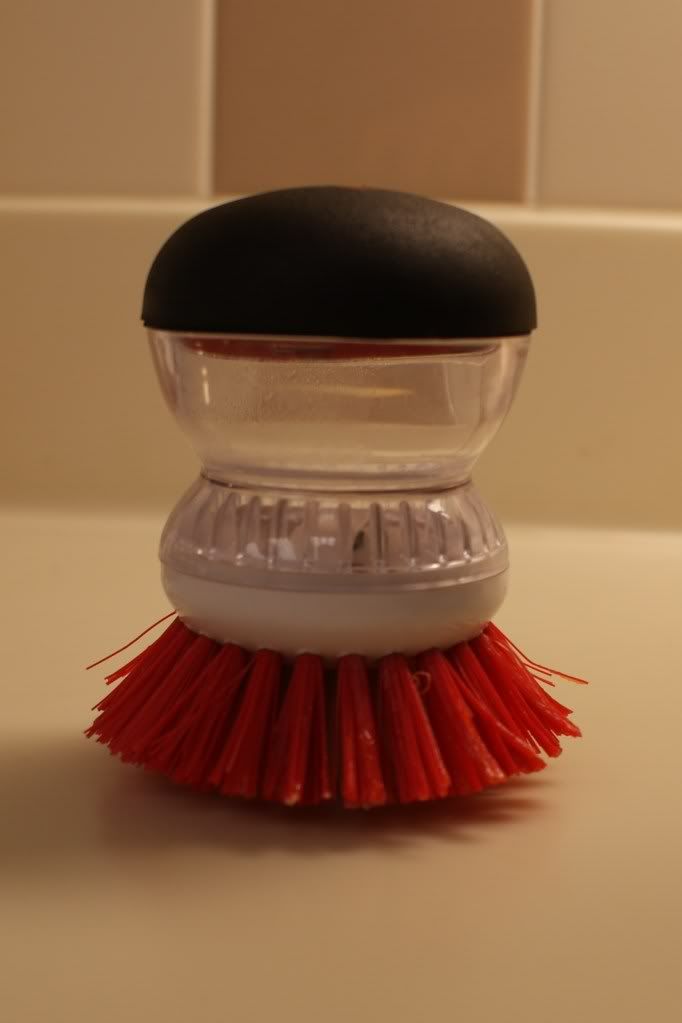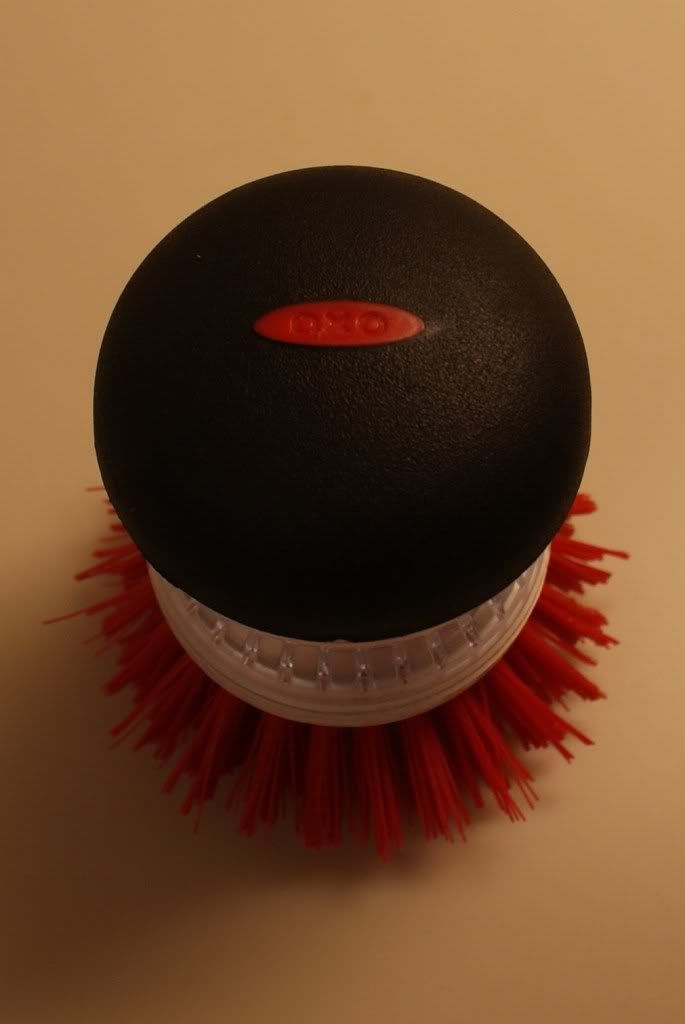tabnat80
Gold Member
- 840
Follow along with the video below to see how to install our site as a web app on your home screen.
Note: This feature may not be available in some browsers.
pampermejolene said:I just don't get it, my stones, even before they were seasoned, are some of the easiest things to clean! I don't understand people who think they have to put everything in the dishwasher!
esavvymom said:And I read somewhere that the soap isn't absorbed into the stone, but that it "sticks" to the fats/oils that are seasoned onto the pan, and that is why we taste it. I also read that the baking soda-paste concoction could help eliminate that (haven't tried it).
pc_jessica said:my dh washed mine with soap (he was trying to help), and for the first couple times after that things didn't cook just right. they weren't as crispy and my rolls were still doughy on the bottom, but a year later and its back to normal! and my dh knows to never ever EVER put my stones near soap again!
jackieblue said:I won't put sharp knives in the dishwasher either, but I am a freak like that.
junkfortara said:I'm confused why we say that it can't be washed with soap because it will absorb the taste of soap. Don't we also claim that the nonporous surface doesn't absorb flavors?! I understand that we say no soap because it breaks down the natural non-stick finish.. but we claim that it does not absorb oils or flavors from cooking, so how can we say it absorbs the soap taste??
junkfortara said:I'm confused why we say that it can't be washed with soap because it will absorb the taste of soap. Don't we also claim that the nonporous surface doesn't absorb flavors?! I understand that we say no soap because it breaks down the natural non-stick finish.. but we claim that it does not absorb oils or flavors from cooking, so how can we say it absorbs the soap taste??
Our knives aren't supposed to go in the dishwasher- according to the U&G...but no one reads those except me.jackieblue said:I won't put sharp knives in the dishwasher either, but I am a freak like that.
pampermejolene said:I just don't get it, my stones, even before they were seasoned, are some of the easiest things to clean! I don't understand people who think they have to put everything in the dishwasher!
pc_jessica said:me either!!!
Kitchen Diva said:I agree. My step-sister told me they were difficult to clean. I asked her which one she had, and she said, the flat rectangle one with no sides.
seriously? Um, I can wash that turkey in 30 seconds!
Drives me nuts how lazy people can be.


chefann said:We do have a brush - the Easy Clean Kitchen Brush is a godsend for cleaning stones! And it even has a scraper built in. I've got one that came in my kit nearly 8 years ago, and it still looks like new. So it's not only a useful tool, it's a durable one.
junkfortara said:I'm confused why we say that it can't be washed with soap because it will absorb the taste of soap. Don't we also claim that the nonporous surface doesn't absorb flavors?! I understand that we say no soap because it breaks down the natural non-stick finish.. but we claim that it does not absorb oils or flavors from cooking, so how can we say it absorbs the soap taste??
I have a friend who runs everything through the dishwasher after she washes it by hand because the heat sterilizes the dishes. So for some people, it's not being lazy. They believe they are keeping their family healthier, which I completely respect.Christ Follower said:Because they are lazy. (My mother is one of those people...she admits it herself). Just as long as they know not to come crying to you when the item breaks or doesn't work properly anymore.
Yes, our stoneware is dishwasher safe. However, we recommend hand-washing for best results and longevity of your stoneware.
While our stoneware is dishwasher safe, the harsh detergents and high heat of the dishwasher can cause fading and cracking over time. We recommend hand-washing to keep your stoneware looking its best.
We recommend using warm soapy water and a non-abrasive sponge or brush to clean your stoneware. For tougher stains, you can use a baking soda and water paste or a mild abrasive cleaner. Avoid using metal utensils on your stoneware to prevent scratches.
Stoneware is made from natural clay and is fired at a high temperature, making it extremely durable and able to withstand high heat. It also has a natural non-stick surface, making it great for baking and easy to clean.
Yes, our stoneware is microwave safe. However, we recommend avoiding sudden temperature changes, such as taking stoneware from the freezer and placing it directly in the microwave, as this can cause cracking.